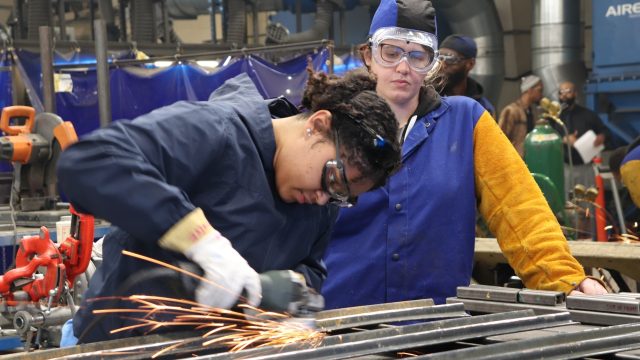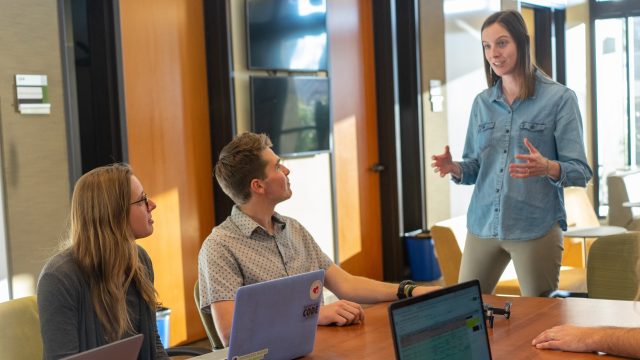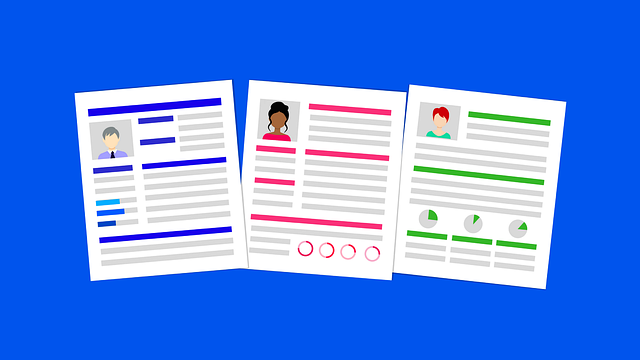work
-
Brain power

Peer recognition programs carry risks at work
Peer information that is publicly disclosed in peer recognition programs may reduce subsequent helping behavior.
-
ABCs of KM

The outcomes of informal work-related learning behaviours
Informal work-related learning is as important in knowledge management (KM) practice as formal work-related learning.
-
Brain power

Neurodiversity can be a workplace strength, if we make room for it
Logical thinking, curiosity, evidence-based decision making, and fresh perspectives are all benefits brought by neurodiversity.
-
Brain power

What happens when employees lack power at work
When employees think they lack power in their workplace, they can feel threatened and become paranoid.
-
Brain power

Connecting work and education more effectively
Millions are out of work, but there's a shortage of workers. Research reveals a tenuous connection between education and employment.
-
Brain power

Employers need to take a proactive approach to learning at work
The ability for employees to learn throughout their career will play a growing role in their success, both as individuals…
-
Brain power

The power of non-financial incentives
Managers and supervisors who want to motivate and retain workers need to create jobs that offer more to employees than…
-
Brain power

Past work experience is a poor predictor of future performance
A meta‐analysis has found a very small relationship between the amount or type of experience that commencing employees possess and…


